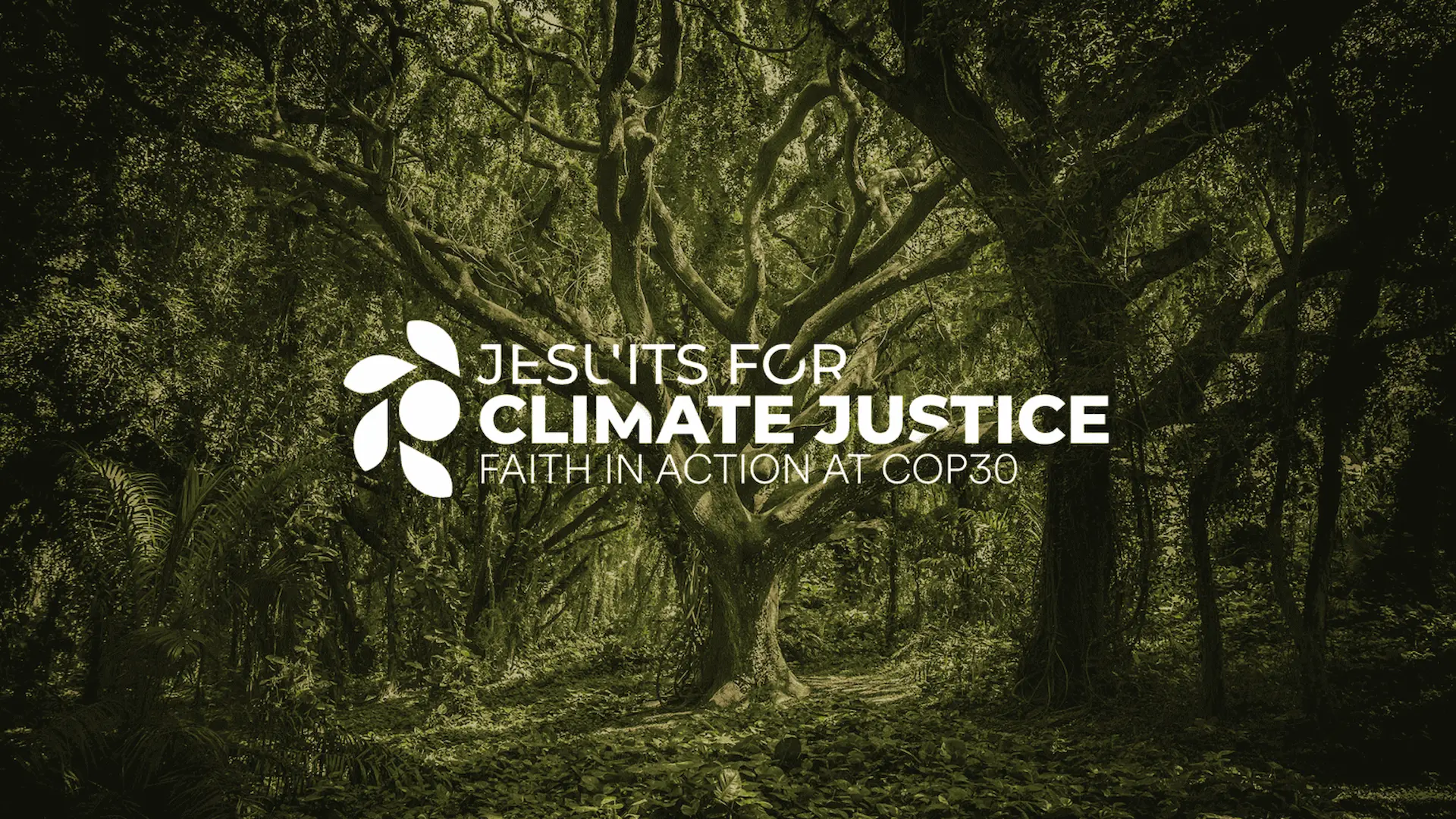
The Social Justice and Ecology Secretariat is leading these efforts and is seeking support from the global Ignatian community to sign the statement to strengthen the Society’s call to negotiators and decision-makers.
The global Ignatian community will advocate for three calls to action at two critical meetings of the United Nations Framework Convention on Climate Change (UNFCCC): in Bonn, Germany, in June, and in Belem do Pará, Brazil, in November.
These urgent appeals to world leaders are:
- Cancel the debt of underdeveloped countries and strengthen the Loss and Damage Fund.
- Accelerate agreements and set targets for a just energy transition to reduce CO2 emissions.
- Set concrete targets to build a Global Food Sovereignty System based on agroecological practices.
To promote wider understanding of these issues, SJES has published a policy brief outlining the key aims and policy priorities for the Ignatian community regarding the upcoming SB62 in Bonn and COP30 in Belém. The brief explains each call to action, provides context within the UNFCCC proceedings, and includes suggested readings.
The fourth Universal Apostolic Preference (UAP) of the Society of Jesus encourages collaboration in caring for our Common Home.
“Our campaign aims to bring voices, resources, and concrete proposals to the spaces where the planet’s future is being decided,” said SJES Secretary Fr Roberto Jaramillo SJ.
He urged Jesuit institutions, partner organisations, and individuals committed to climate justice to stay informed, sign the statement, and share it with their networks.
“At this moment, accelerating climate change calls us all to integrated global action, especially as it affects vulnerable populations, youth, and people on the move.”
Related articles:
Jesuits for Climate Justice SB62 and COP30 campaign
A call to respond to the care of our common home as a universal apostolic body






